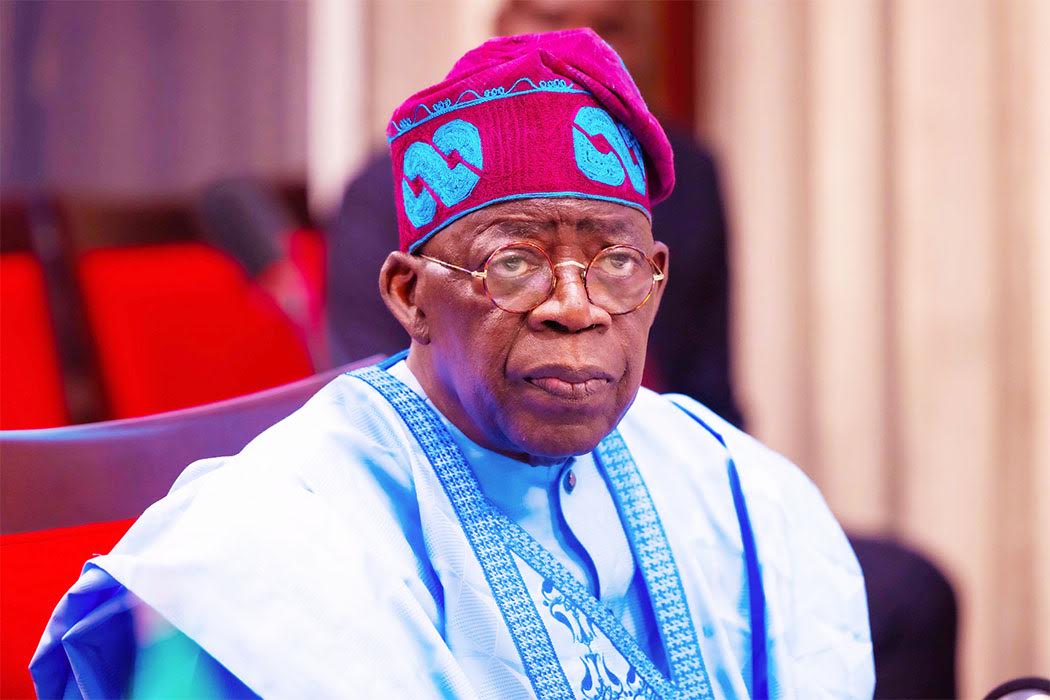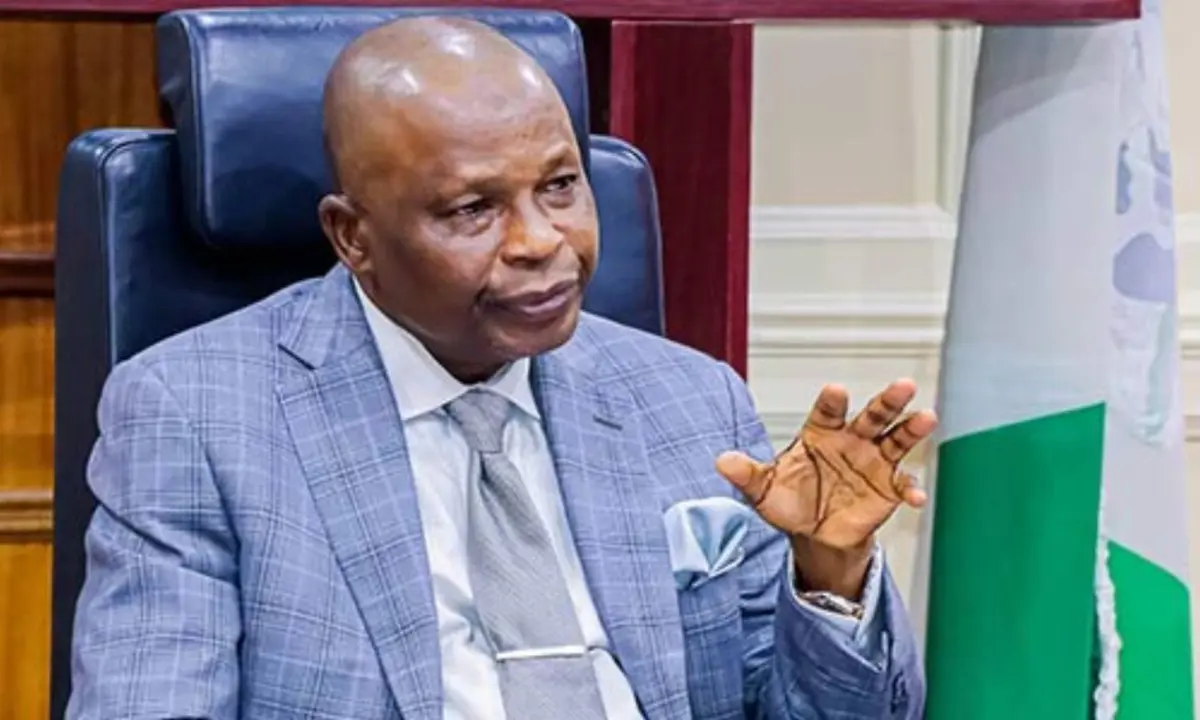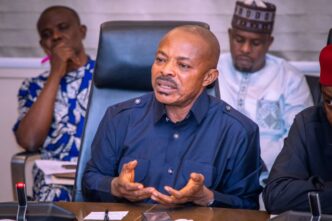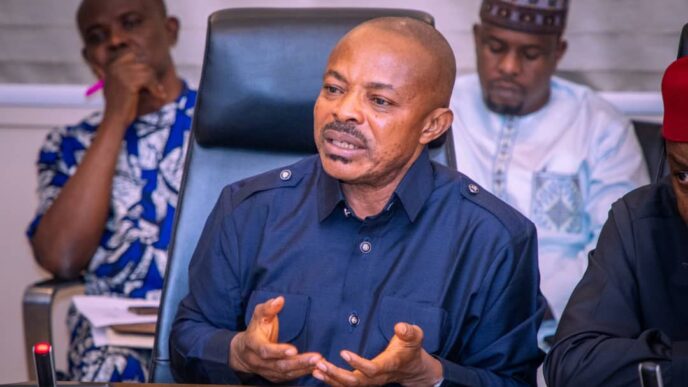The Attorney General of the Federation and Minister of Justice, Lateef Fagbemi (SAN), has stated that President Bola Tinubu’s Renewed Hope Agenda places education, the digital economy, and human capital development at the heart of Nigeria’s national growth strategy.
Fagbemi made this known in Lokoja, North Central Nigeria, while delivering a lecture titled “The Intersection of Law, Digital Technology and Human Resourcefulness in Transforming University Education in Nigeria” as part of the 9th convocation ceremony of the Federal University Lokoja, Kogi State.
He explained that the current administration’s policy framework recognises Nigeria’s demographic advantage and seeks to harness it through strategic investments in education and innovation, preparing citizens for active participation in the global economy.
According to him, the government’s commitment to transforming education goes beyond providing infrastructure. It also focuses on systematic reforms in curriculum design, technological integration, and institutional capacity building to improve overall quality and relevance.

Highlighting ongoing initiatives, Prince Fagbemi noted that the establishment of 67 new higher institutions within two years — particularly in specialised areas such as agriculture, environment, health sciences, sports, and technology — reflects a deliberate alignment between university expansion and Nigeria’s broader economic diversification goals.
He added that “it is noteworthy that in August this year, after an extensive review of the state of tertiary education, President Tinubu placed a moratorium on establishing new universities, polytechnics, and colleges of education.”
He explained that this decision followed concerns over under-enrolment and uneven resource distribution across existing institutions, some of which operate below capacity.
By temporarily halting expansion, the government aims to prioritise quality improvement, better facilities, and higher academic standards to ensure Nigerian graduates remain globally competitive.
The minister further stressed that transforming Nigeria’s university system requires a shared sense of responsibility that extends beyond the government.
He emphasised that while the government provides policy direction and leadership, universities, students, and society each have a vital role to play.
“Universities must embrace change while preserving their essential functions. Students must engage actively in their education. Society must support educational excellence while holding institutions accountable,” he said.


 Trending
Trending 








